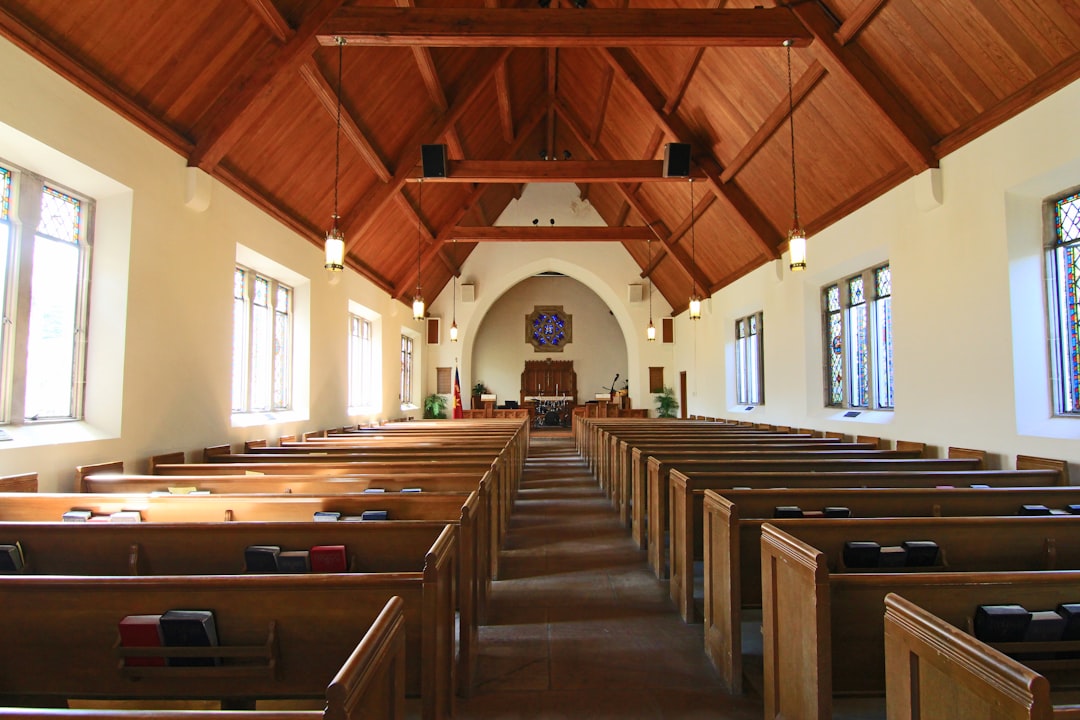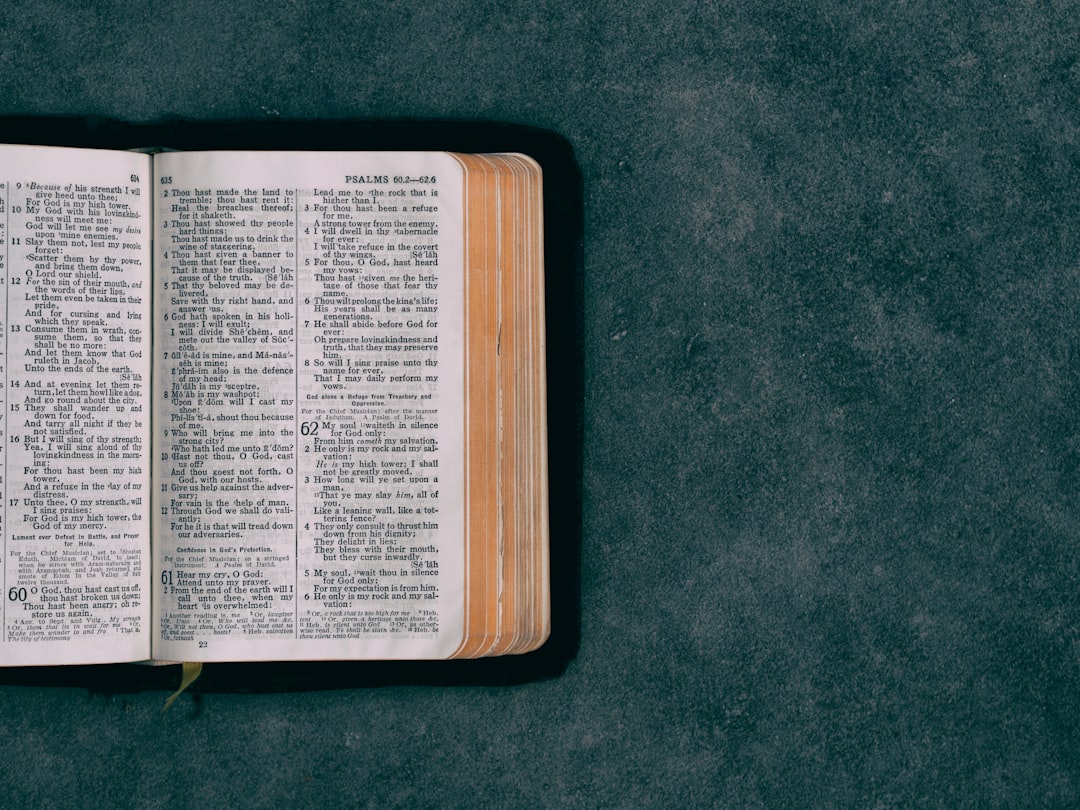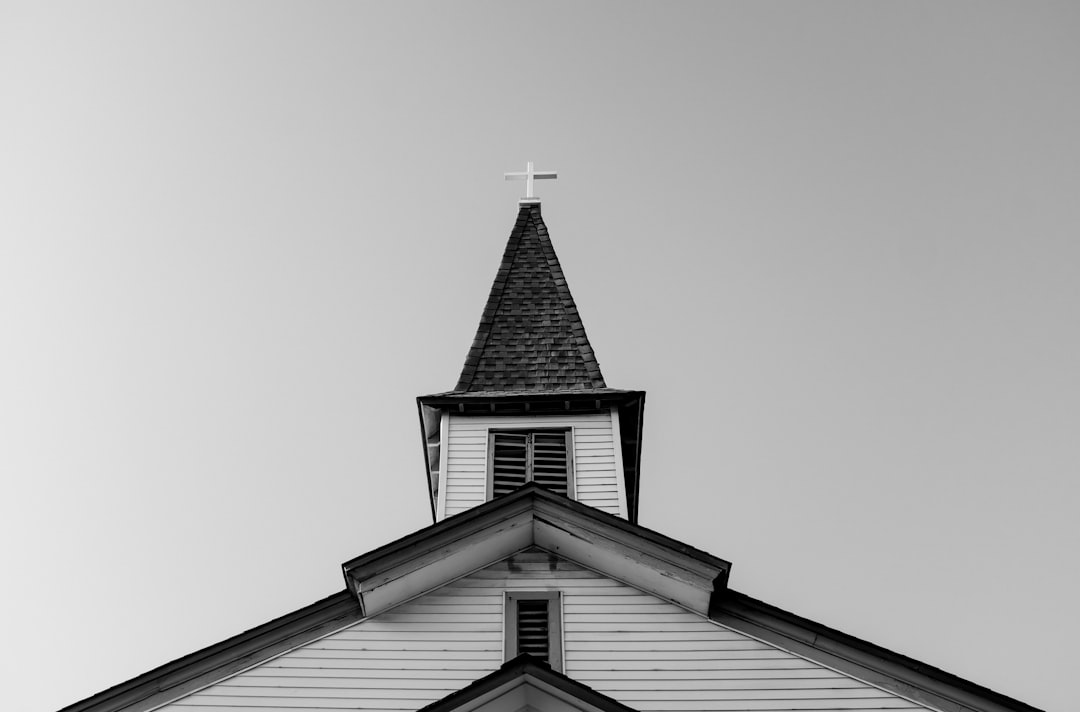Clergy abuse survivors in Denver, CO, can find support and justice through specialized clergy abuse law firms. These firms address a sensitive issue, helping victims overcome emotional trauma, seek accountability, and achieve closure. By offering legal guidance, evidence gathering, and compassionate support, they facilitate the healing process for those harmed by religious figures. Victims are encouraged to document their experiences, gather evidence, and reach out to reputable Denver clergy abuse law firms for assistance in seeking justice and joining support groups for additional recovery resources.
In Denver, Colorado, victims of clergy abuse often face unique challenges in seeking justice. A specialized clergy abuse law firm steps into this sensitive space, providing crucial support and legal representation. Understanding the profound impact of such trauma is essential, as is recognizing the specific role a Denver clergy abuse lawyer plays in navigating complex legal systems. This article guides victims through the process, offering steps to seek justice and recover from past atrocities, with the aim of empowering individuals within the clergy abuse law firm Denver CO community.
Understanding Clergy Abuse and Its Impact
Clergy abuse is a sensitive and complex issue that involves emotional, psychological, and sometimes physical harm inflicted by religious figures within their positions of power. This can manifest in various forms, from inappropriate relationships to financial exploitation, creating a deep sense of betrayal among victims. At a Denver clergy abuse law firm, professionals dedicated to helping individuals navigate this challenging experience are crucial in seeking justice and closure.
The impact of such abuse extends far beyond the immediate incident. Many survivors struggle with long-term mental health issues, including depression, anxiety, and PTSD, as they grapple with the betrayal of trust and the silence often surrounding these situations. By connecting victims with experienced legal counsel, a Denver clergy abuse law firm can facilitate the process of holding accountable those who have committed such acts, while also providing much-needed support to help survivors begin their journey towards healing and restoration.
The Role of a Denver Clergy Abuse Lawyer
In the face of clergy abuse, a Denver clergy abuse lawyer plays a pivotal role in advocating for victims seeking justice and healing. These legal professionals are well-versed in the complex dynamics and unique challenges associated with cases involving spiritual leaders who have exploited their positions of trust. They guide clients through the legal process, ensuring that their rights are protected while they work towards holding accountable those who have caused harm.
A Denver clergy abuse law firm specializes in handling sensitive cases, offering comprehensive support to individuals who have suffered at the hands of religious figures. They provide expertise in navigating the legal system, gathering evidence, and constructing compelling cases to secure justice for their clients. Their goal is not only to achieve favorable outcomes in court but also to offer a safe space for victims to share their stories and begin the process of healing.
Steps to Seek Justice and Support for Victims
If you’ve experienced clergy abuse in Denver, CO, it’s important to know that there are steps you can take to seek justice and support. The first step is to gather evidence and document your experiences as thoroughly as possible. This may include any records or communications related to the abuse, as well as statements from witnesses or other victims. It’s crucial to contact a reputable clergy abuse law firm in Denver CO for guidance on how best to proceed.
Next, consider connecting with support groups or counseling services that specialize in assisting survivors of clergy abuse. These resources can help you process your trauma and navigate the legal process. A Denver clergy abuse lawyer from such a firm will be able to connect you with these services and guide you through any legal actions, including filing a lawsuit if appropriate. Remember, seeking justice is not only about holding perpetrators accountable but also about healing and finding closure.






